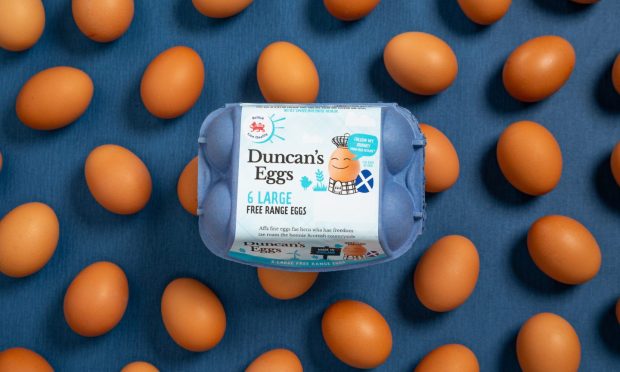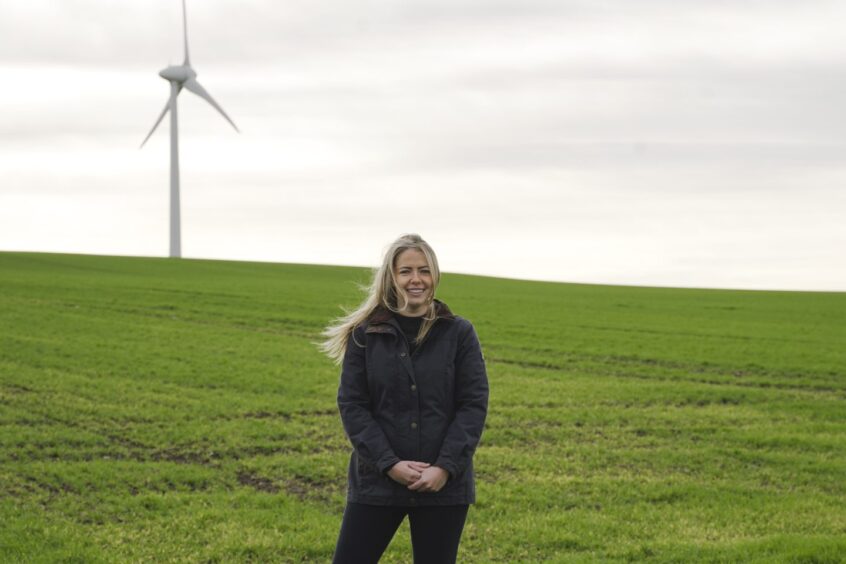Duncan Farms has struck another big supermarket deal for its eggs.
They are going on sale at 23 Co-op stores across Scotland.
It means Duncan Farms’ Eggs are making their debut in several new locations.
These include Arran and Lerwick, Shetland, where they’ll be on sale in Scotland’s most northerly Co-op.
Duncan Farms already selling its eggs in Scottish Sainsbury’s and Morrisons
The latest supermarket tie-up comes just a few weeks after Duncan Farms announced its eggs would be reaching many more Scottish shoppers following a deal with Sainsbury’s.
They are also available in Morrisons stores throughout Scotland.
In addition, the business supplies eggs to both Marks and Spencer and Lidl under their own labels.
Read more: Aberdeenshire’s rocket-fuelled hens can be fussy eaters
The retail roll-out comes amid growing demand for Duncan Farms’ free-range eggs.
Rachael Duncan, vice-chairperson at the Turriff-based egg supplier, said: “It has been such an exciting time for the business as we have onboarded a couple of new retailers in quick succession.
“We are significantly increasing our production capabilities across our farms to align with the increased demand, and forecast a strong growth trajectory over the next few years.”
Duncan Farms’ eggs are fully traceable using an online tracker on the firm’s website.
Chairman Fred Duncan, Rachael’s father, bought his first farm in 1980.
But it wasn’t until 2011 that his business moved into egg production.
The growing egg enterprise boasts nearly 800,000 free-range hens.
About 70% of them are in the north-east, producing under the Duncan Farms brand.
ASll of the hens’ feed is grown on Aberdeenshire farms.
Every year, more than 15,000 tons of cereals is milled and mixed on-site into nutritious feed.
Duncan Farms invests in renewable energy and ‘happy and healthy’ hens
Meanwhile, multiple key projects are under way at the firm to drive improvements in sustainability.
Duncan Farms has worked alongside sister business Muirden Energy to ensure renewable energy integration with farming operations. Wind turbines and solar panels were installed across free-range operations, with biomass heating introduced at hen rearing sites.
The company’s website highlights its “happy and healthy” hens.
It adds: “Our free-range farms have ample space for our hens to explore, investigate and partake in dustbathing, one of their favourite activities.”


Conversation